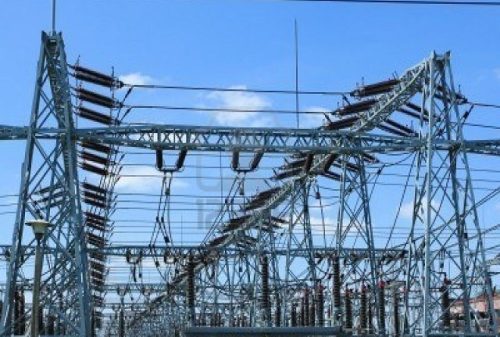The Nigerian power sector is on the cusp of a significant transformation with the proposed Electricity Act (Amendment) Bill, 2025, which aims to address persistent performance issues within the electricity distribution companies (Discos). This bill introduces stringent measures, including the potential re-privatization of the 11 existing Discos if they fail to inject fresh capital within 12 months of the bill becoming law. This move signals the government’s growing impatience with the Discos’ inability to deliver reliable power supply despite past interventions like debt forgiveness, bailouts, and tariff adjustments. The bill has garnered both support and criticism, sparking debate about its feasibility and potential impact on the sector.
Central to the proposed amendment is the mandate for Discos to recapitalize or face consequences. The Nigerian Electricity Regulatory Commission (NERC) would be empowered to enforce this mandate, potentially leading to share dilution, receivership, or outright re-privatization of underperforming Discos. This represents a decisive shift in the government’s approach, transitioning from financial support to enforcing accountability for performance. The bill also calls for a comprehensive financing framework within 12 months, focusing on de-risking investments, resolving the sector’s significant debt burden, and attracting long-term local currency investments. This framework emphasizes phasing out unstructured subsidies and promoting a transparent tariff regime that ensures cost recovery for efficient operators.
The call for recapitalization within a 12-month timeframe has been met with mixed reactions. While government officials argue that the Discos have had ample time to improve their performance, industry experts and consumer groups suggest extending the deadline to 24 months. They highlight the need for a more structured transition, similar to the banking sector recapitalization, and prioritize addressing the existing subsidy debt burden before demanding further investment from the Discos. This, they argue, would create a more stable and predictable environment for attracting investment. The contrasting viewpoints highlight the complex challenges involved in balancing the need for immediate action with the importance of a carefully managed process.
The proposed legislation also mandates a review of federal and state equity stakes in the Discos within 12 months, reflecting the government’s intent to clarify ownership and responsibility within the sector. This provision, along with the emphasis on long-term local currency financing for gas-to-power and distributed energy projects, points to a strategy of encouraging domestic investment and reducing reliance on foreign exchange. Further provisions address the need for fiscal and tax incentives to attract investment and prevent the collapse of the Nigerian Electricity Supply Industry (NESI), underscoring the government’s commitment to stabilizing the sector while promoting private sector participation.
The government’s decision to potentially re-privatize the Discos comes after years of frustration with their underperformance. The Minister of Power has publicly expressed disappointment, citing the Discos’ failure to improve service delivery despite significant financial investments in the sector. A report by the Bureau of Public Enterprises revealed that a majority of Discos have not met key performance benchmarks set during the 2013 privatization. This has solidified the government’s stance that drastic measures are necessary to address the chronic power supply challenges facing the country. The proposed amendment is, therefore, presented as a crucial step to hold Discos accountable and pave the way for a more efficient and reliable power sector.
While some within the Discos have expressed support for the amended Act, emphasizing the need for compliance and collaboration with NERC, others within the power sector have offered alternative perspectives. Some experts argue that the focus should be on effective implementation of existing policies rather than introducing new ones. They suggest that removing subsidies and implementing cost-reflective tariffs could create a more conducive environment for private investment, reducing the need for direct government intervention. This view suggests a market-driven approach, arguing that proper market signals, rather than government mandates, are the key to driving investment and improved performance in the power sector. This ongoing debate underscores the complexity of the issues and the need for a comprehensive and carefully considered approach to reforming the Nigerian power sector.














